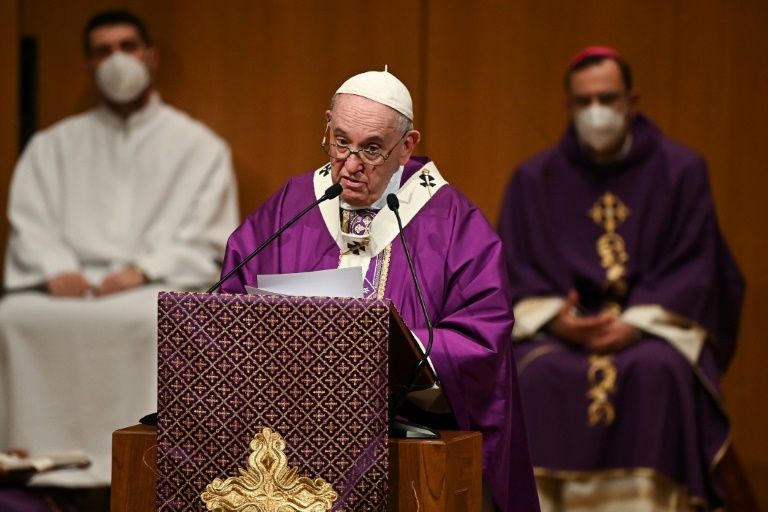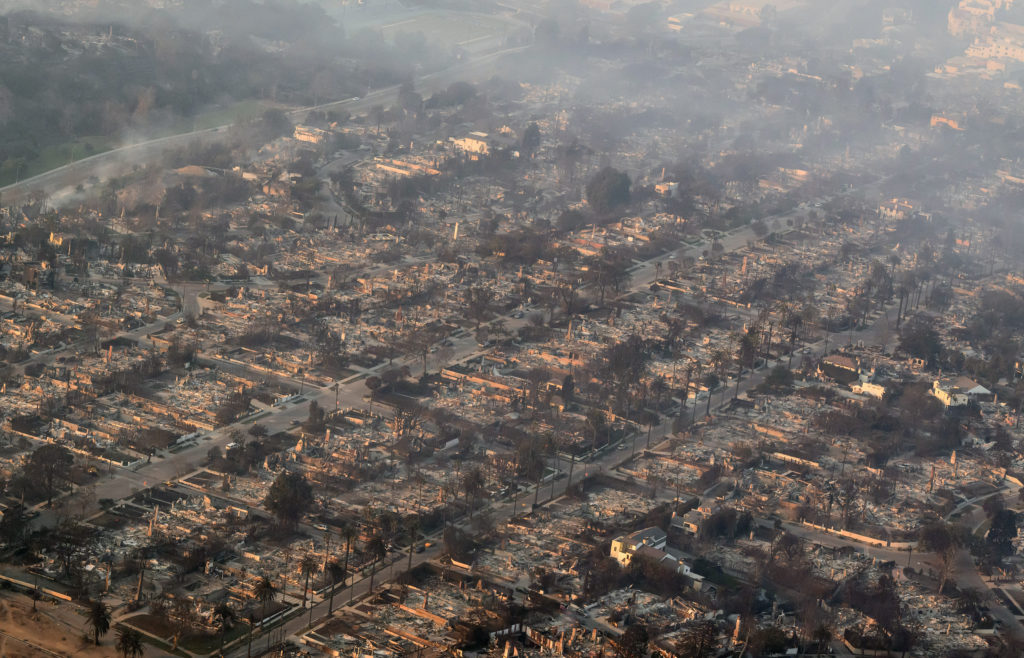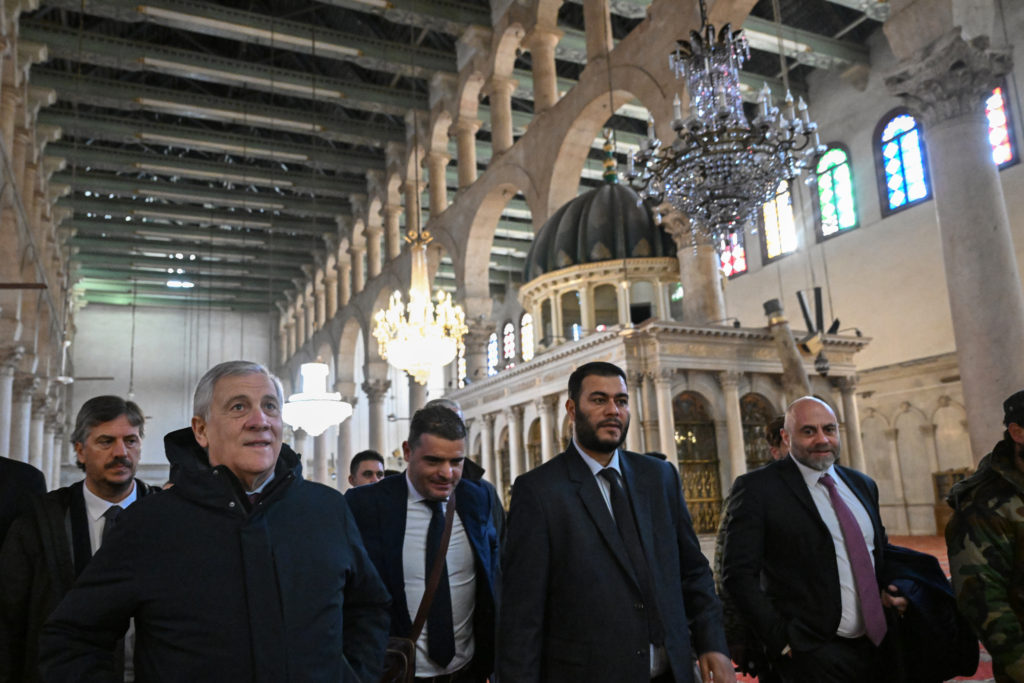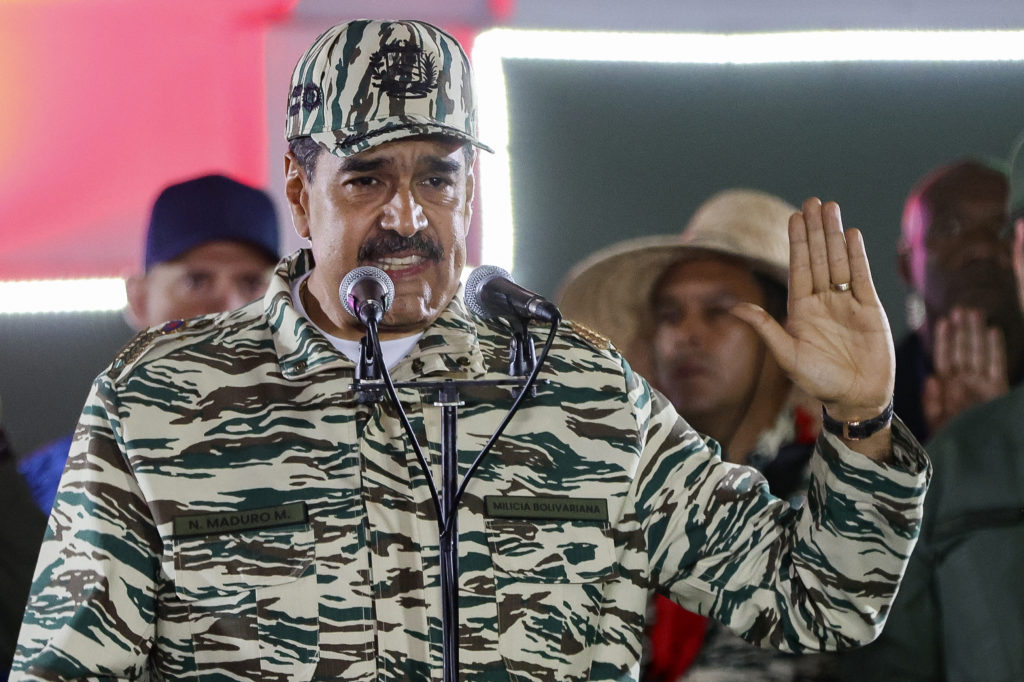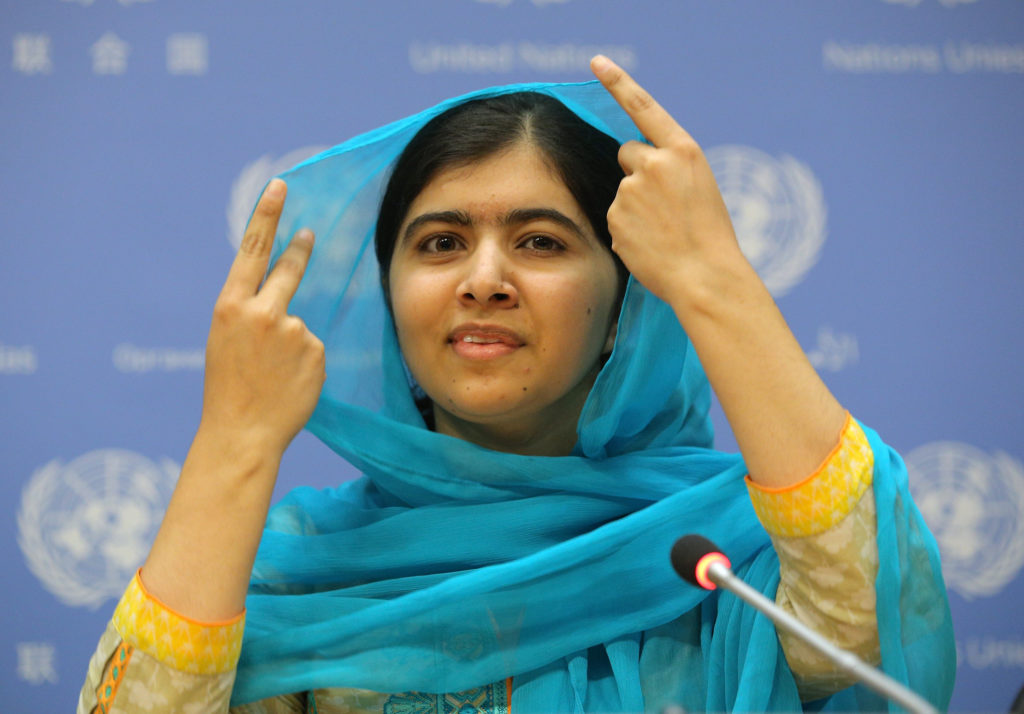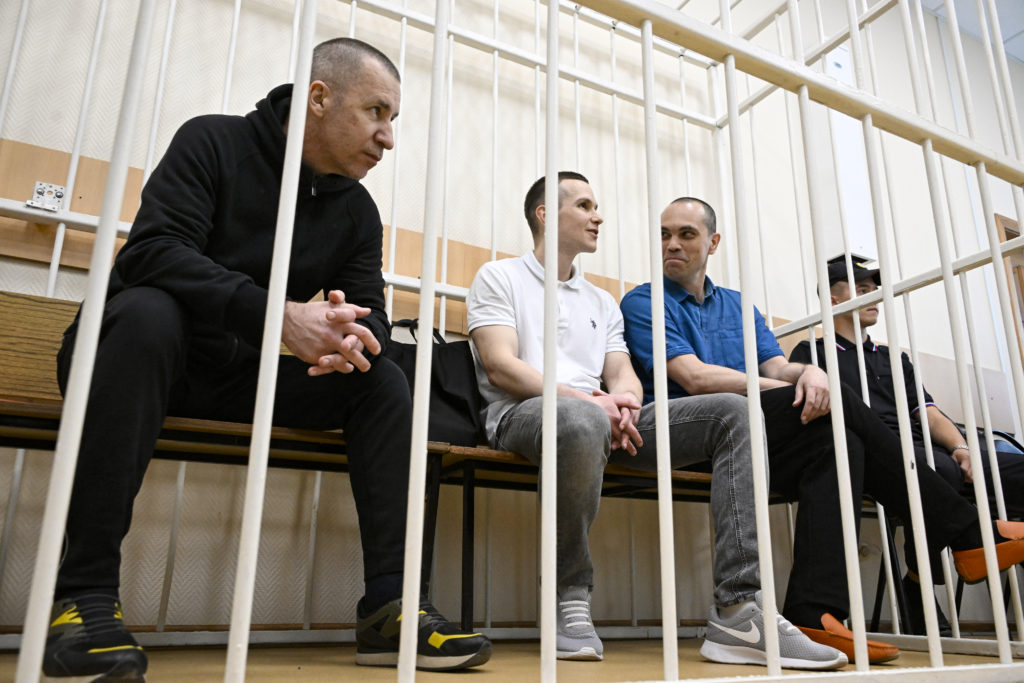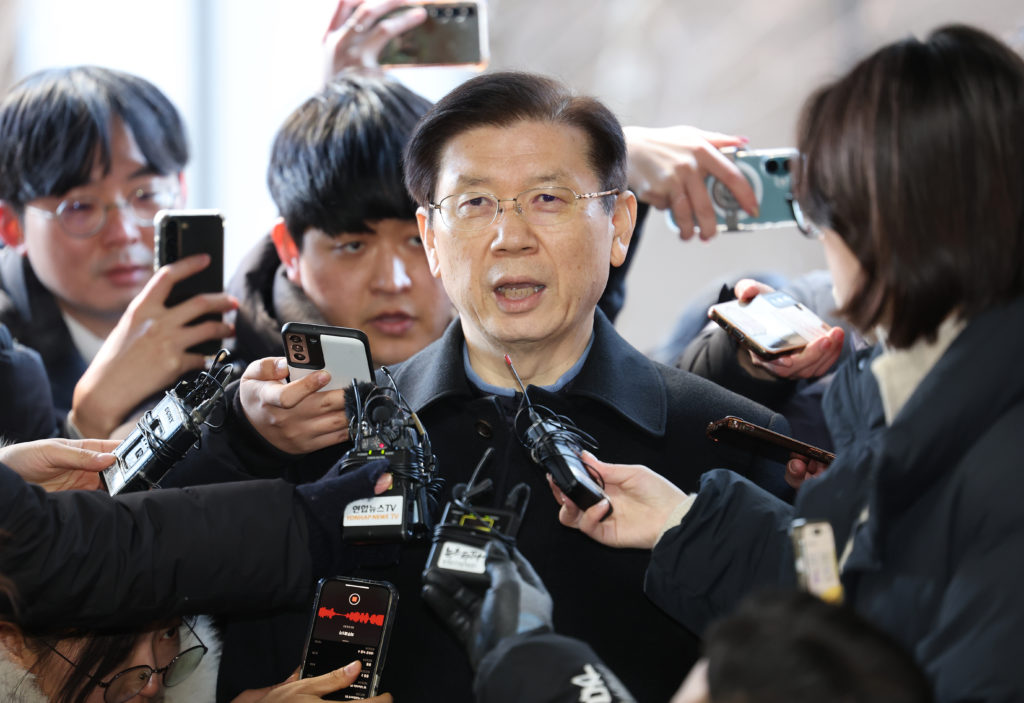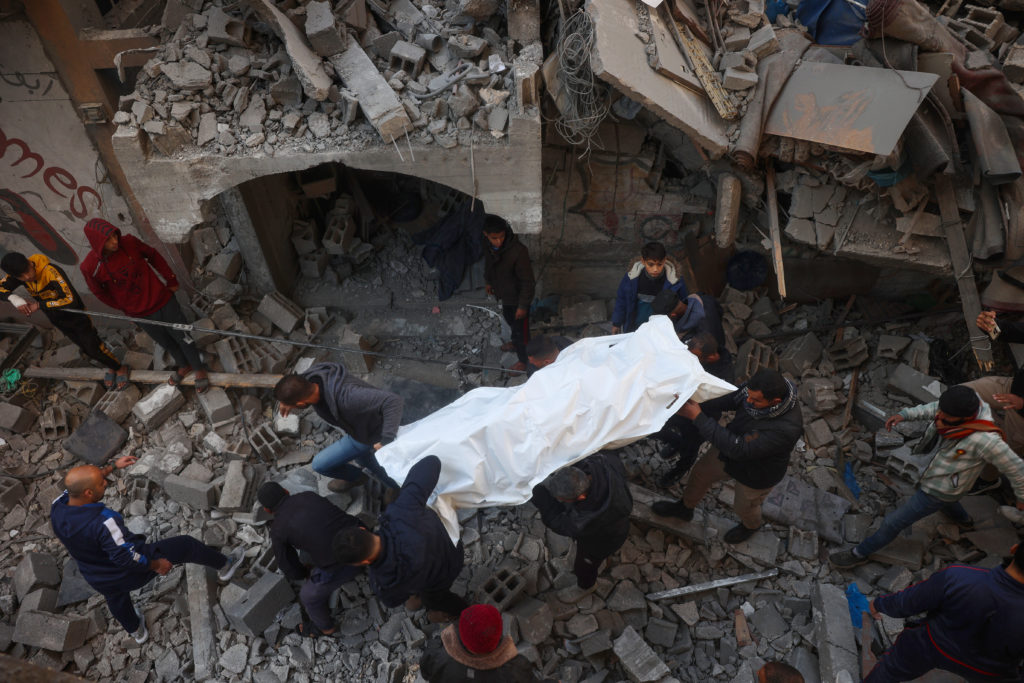Pope Francis on Sunday urged respect for the “small and lowly” at a holy mass on the second day of his visit to Athens, the first by a pontiff in 20 years.
“The Lord likes best what is small and lowly. Redemption did not begin in Jerusalem, Athens or Rome but in the desert,” Francis told an exclusive crowd at the Megaron Athens Concert Hall
“God turns his gaze to wherever sadness and loneliness abound,” he said.
The message was aimed both at Greece’s small Catholic community, and the thousands of migrants and refugees in the country, some of whom Francis had visited on the island of Lesbos earlier on Sunday.
Access to the Athens concert hall was strictly regulated, with police officers checking both invitations and vaccination passes and police vans and metal barriers surrounding the entrance, as a helicopter flew overhead.
For security purposes, those attending were encouraged to arrive up to two hours before the event and a nearby subway station was shut.
But even under restrictions, there was a feeling of elation by hundreds of Catholics eager to see Francis.
“It’s wonderful to have the opportunity to attend a Mass by the pope,” said Margarita Diakopoulou, originally from Germany, who is married to a Greek and has lived here for the past 50 years.
The 84-year-old’s visit to the Greek capital is the first by a pope since John Paul II in 2001, which in turn was the first papal visit to Athens since the 1054 Schism between the Catholic and Orthodox Churches.
There are over 250,000 Catholic believers in Greece, but the majority are immigrants from Poland, the Philippines, Albania, Ukraine and Middle Eastern and African nations.
Among around 50,000 Catholics of Greek origin, most reside in Athens and many hail from the Cycladic islands and the Ionian, which were once Venetian possessions.
Speaking to members of the community at the Catholic cathedral of St Dionysius the Areopagite on Saturday, Francis urged them not to lose faith.
“Being a minority… does not mean being insignificant,” he said, noting that the name of the Apostle Paul, who brought Christianity to Greece, has its roots in the Latin word for ‘small’.
Iosifina Andrioti, a woman in her sixties from the Cycladic island of Tinos, on Sunday said she had attended a Holy Mass by John Paul II in 2001, and has travelled to Rome to see Francis officiate.
– ‘It’s a gift’ –
“I feel the same emotion. I’ve seen the pope several times in Rome but here, it’s different. It’s a gift,” she said.
“Today is a day of celebration,” added Ourania Katrini, a woman in her 70s waiting to enter the hall with a friend.
Both of her children were on the Mass chorus.
“Fanaticism on both sides is slowly disappearing,” she said.
In addition to highlighting the plight of refugees, Francis’ visit is aimed at improving historically strained relations with the Orthodox Church of Greece.
Orthodox hardliners blame the Catholics for the 1054 Schism and the 1204 sacking of Constantinople during the Fourth Crusade.
On Saturday, the head of the Orthodox Church of Greece, Archbishop Ieronymos, also said the Catholic church failed to support Greece’s 19th century struggle for independence from the Ottoman Empire.
Theologians from both sides are holding talks on improving relations.
“We must continue this dialogue in truth and love, with no compromise and intolerance… in the safe certainty that we are not allowed to leave the seamless robe of the Lord divided,” Ieronymos said.
Francis stressed the “common roots” of the two churches and followed John Paul in asking for forgiveness “for the mistakes committed by many Catholics”.
Dimitris Levantis, a church volunteer helping with crowd management, said it would have been preferable to hold the Mass in a stadium, as organisers did during Francis’ visit to Cyprus earlier this week.
Organisers said they had been forced to limit attendance by half owing to Covid-19 safeguards. Only 2,000 people were allowed inside, including 900 in the main concert hall with the pope.
Francis will return to Rome on Monday after a farewell meeting with Greek President Katerina Sakellaropoulou, and a meeting with pupils at the Saint Dionysius school of the Ursuline sisters in the northern Athens suburb of Maroussi.

